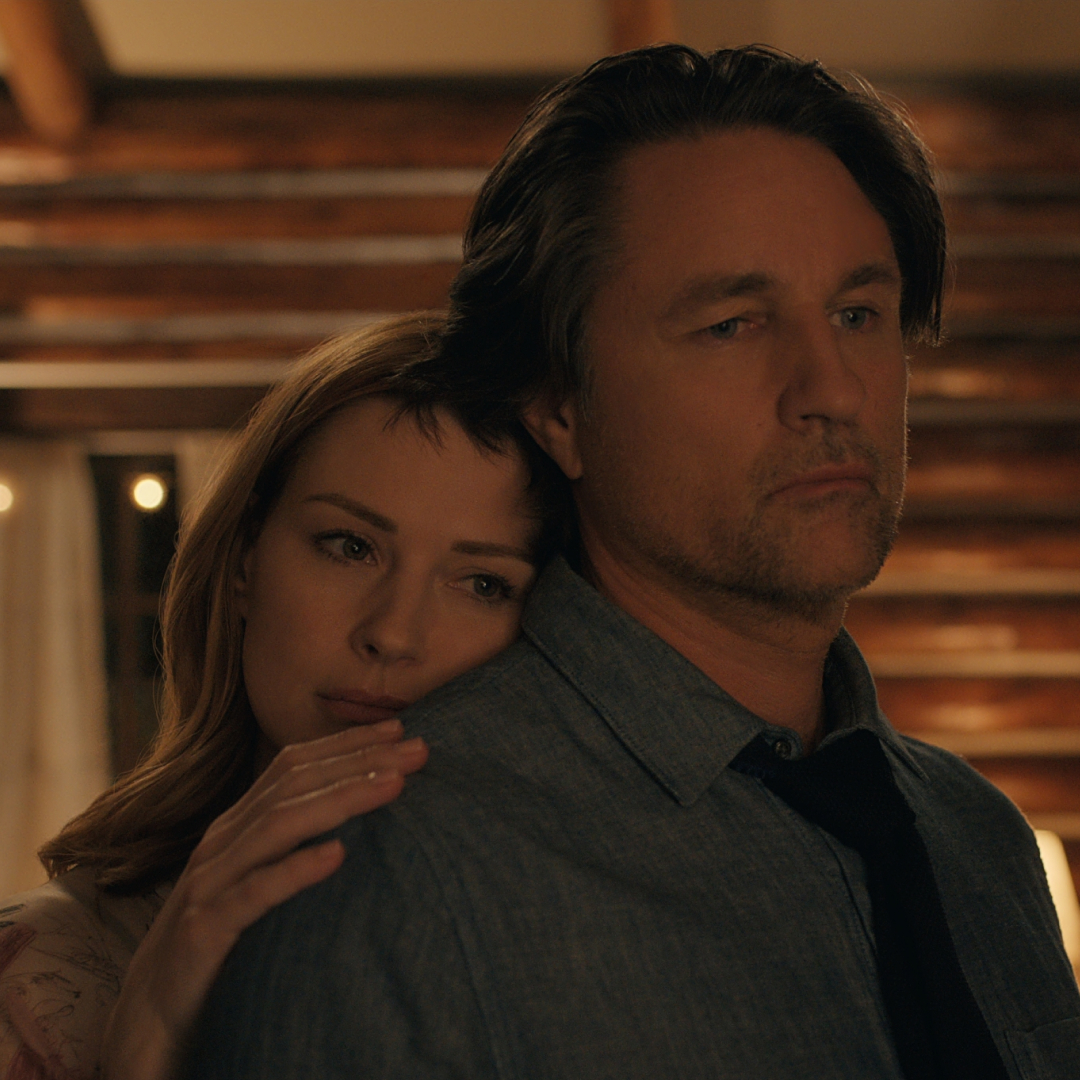Netflix
Read up on Netflix with Marie Claire with reviews, analysis, actor insights and all the news you need to keep up to date and informed.
-

'KPop Demon Hunters' Is the Surprise Hit of the Summer—Will Netflix Give Fans a Sequel?
The animated action-musical has been co-signed by BTS, TWICE, and even the Academy.
By Quinci LeGardye Published
-

Ciao, 'Emily in Rome!'—'Emily in Paris' Is Renewed for Season 5 and Officially Headed to Italy
Here's what we know about the marketing executive's upcoming Roman holiday.
By Quinci LeGardye Last updated
-

After That Cate Blanchett Cameo, Fans Are Wondering Whether an American Version of 'Squid Game' Is On the Way
It seems like Netflix isn't giving up on its most-watched series just yet.
By Quinci LeGardye Published
-

Breaking Down the 'Squid Game' Ending, From the Surprising Winner to the Heartbreaking Deaths
You could say the conclusion of the Netflix phenomenon has left us shocked.
By Quinci LeGardye Published
-

Breaking Down All of the 'Squid Game' Season 3 Easter Eggs in the New Killer Arenas and Challenges
Production designer Chae Kyoung-sun shares her secrets behind the hit Netflix K-drama and how she teased the finale in her designs.
By Quinci LeGardye Published
-

Meet 'The Ultimatum: Queer Love' Season 2 Cast—And Get to Know Who Is Giving and Receiving
We're sensing another dramatic installment of the Netflix reality hit.
By Quinci LeGardye Published
-

'Perfect Match' Season 3 Will Return This Summer With Netflix Reality Reunions and Former Bachelor(ette)s
The hit series is coming back in August.
By Quinci LeGardye Last updated
-

Women Lead This Summer's Action Blockbusters—Here's What's Worth Seeing
We rounded up the best high-octane entertainment of the year so far, and what's coming soon.
By Sadie Bell Last updated
-

Netflix's Crime Drama 'The Waterfront' Is Based on a True Story—Inspired by the Creator's Own Family
The Buckleys may be fictional, but there's truth to their fishing and drug-smuggling empire.
By Radhika Menon Published
-
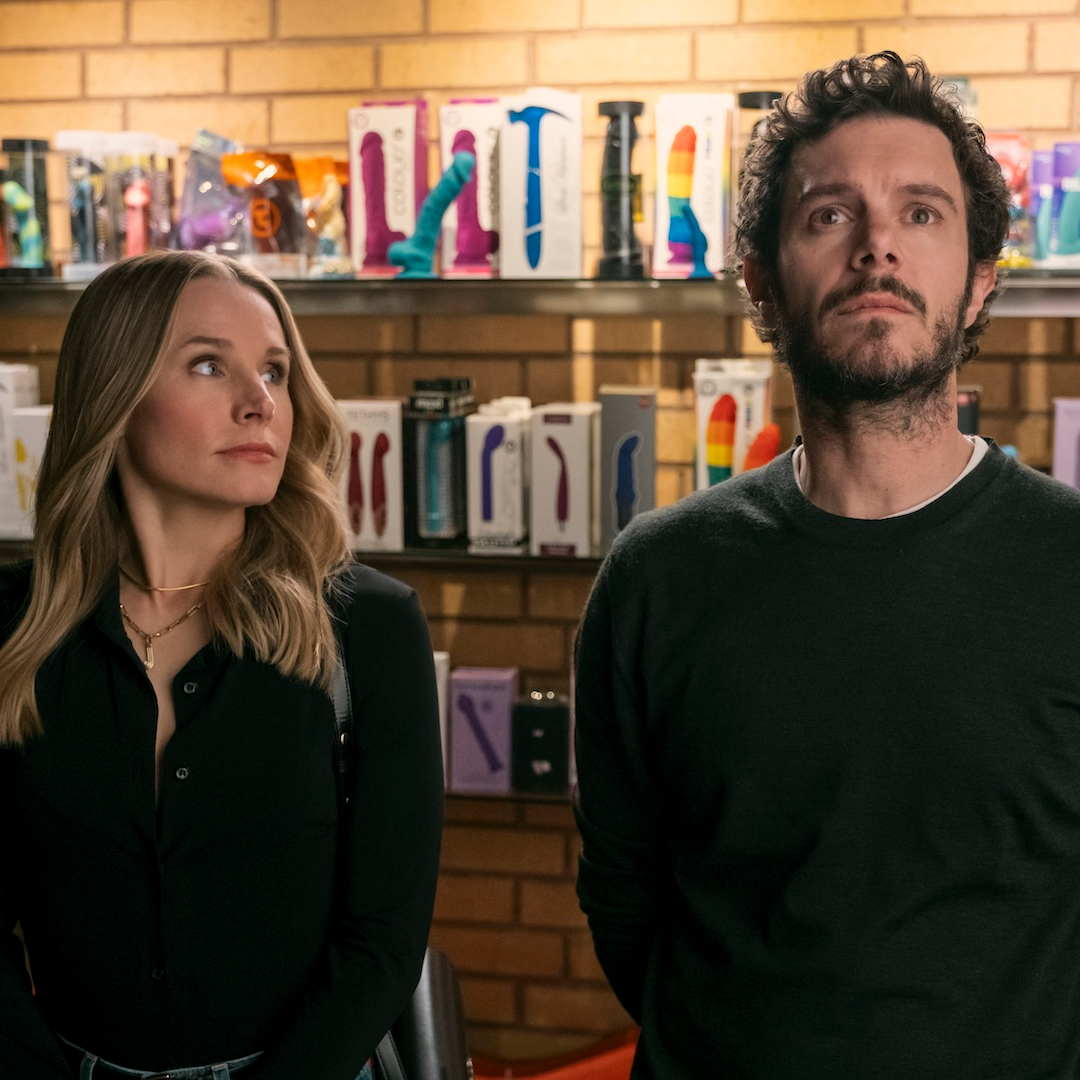
'Nobody Wants This' Season 2 Will Premiere This Fall for More Hot Rabbi Romance
Here's what we know about the next installment of the hit rom-com series.
By Quinci LeGardye Last updated
-

Meet the Cast of 'The Waterfront,' Netflix's Latest Small-Town Crime Drama and Your Next Binge-Watch
Get acquainted with the morally ambiguous Buckley family.
By Radhika Menon Published
-

Pack Your Bags Because 'The Four Seasons' Is Officially Returning for Season 2
Here's what we know about the future of the Netflix comedy—including where it could go after that tragic twist.
By Quinci LeGardye Last updated
-

Here's Where the 'America's Sweethearts' Season 2 Veterans and Rookies Ended Up After the 2024 Season
Cue "Thunderstruck" and see what's next for your favorite Dallas Cowboys Cheerleaders.
By Radhika Menon Published
-

After Season 2's Controversial Ending, Will 'The Devil's Plan' Return for Season 3?
Fans have a lot of thoughts about where the Korean reality show should go.
By Quinci LeGardye Published
-

'The Diplomat' Season 3 Teaser Introduces Newcomer Bradley Whitford as the First Gentleman
Here's what we know about the next installment of the Netflix hit, returning this fall.
By Quinci LeGardye Last updated
-
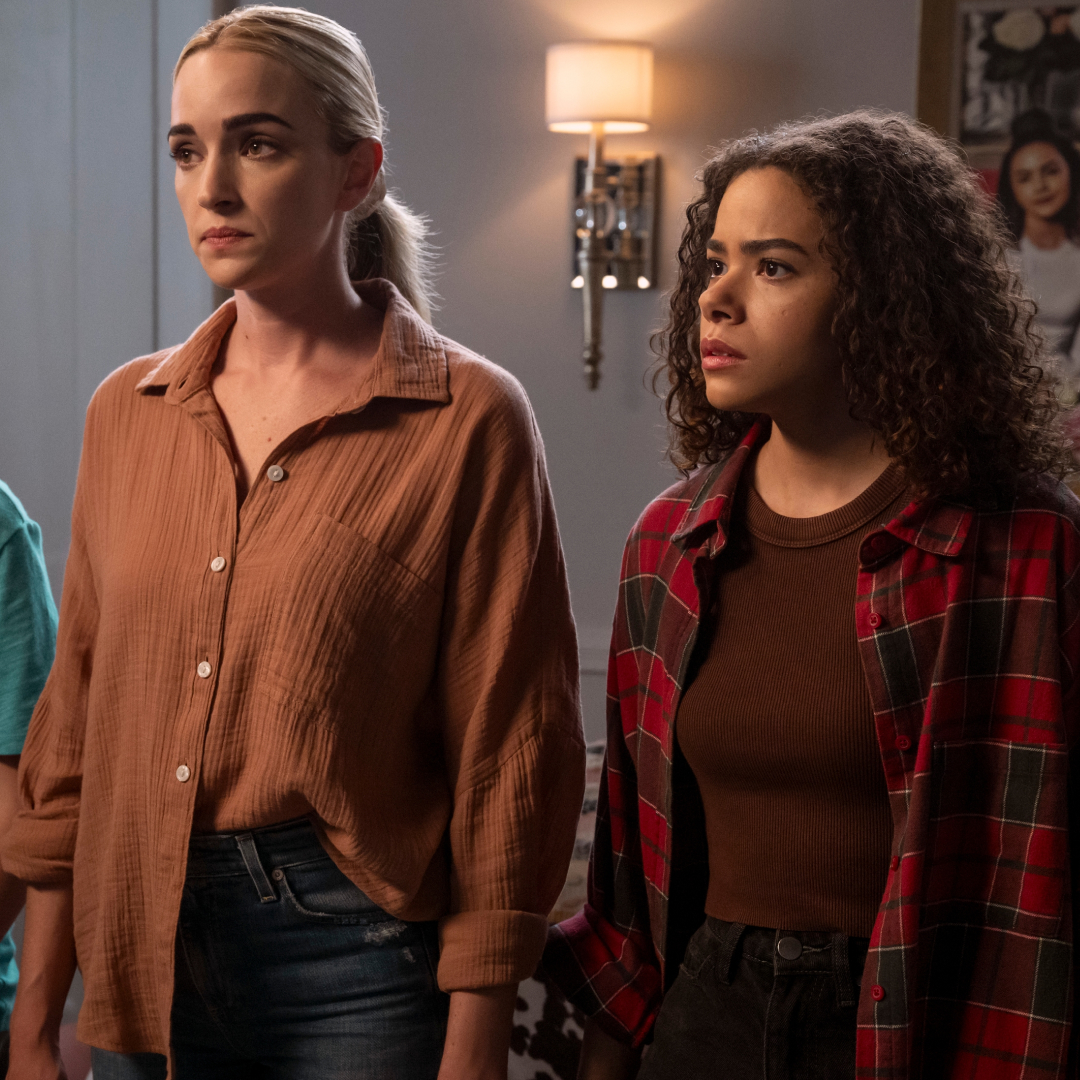
'Ginny & Georgia' Season 4 Is Confirmed. Here's What We Know About Our Return to Wellsbury
The creator has already teased her thoughts on where the show will go after that shocking finale.
By Quinci LeGardye Published
-
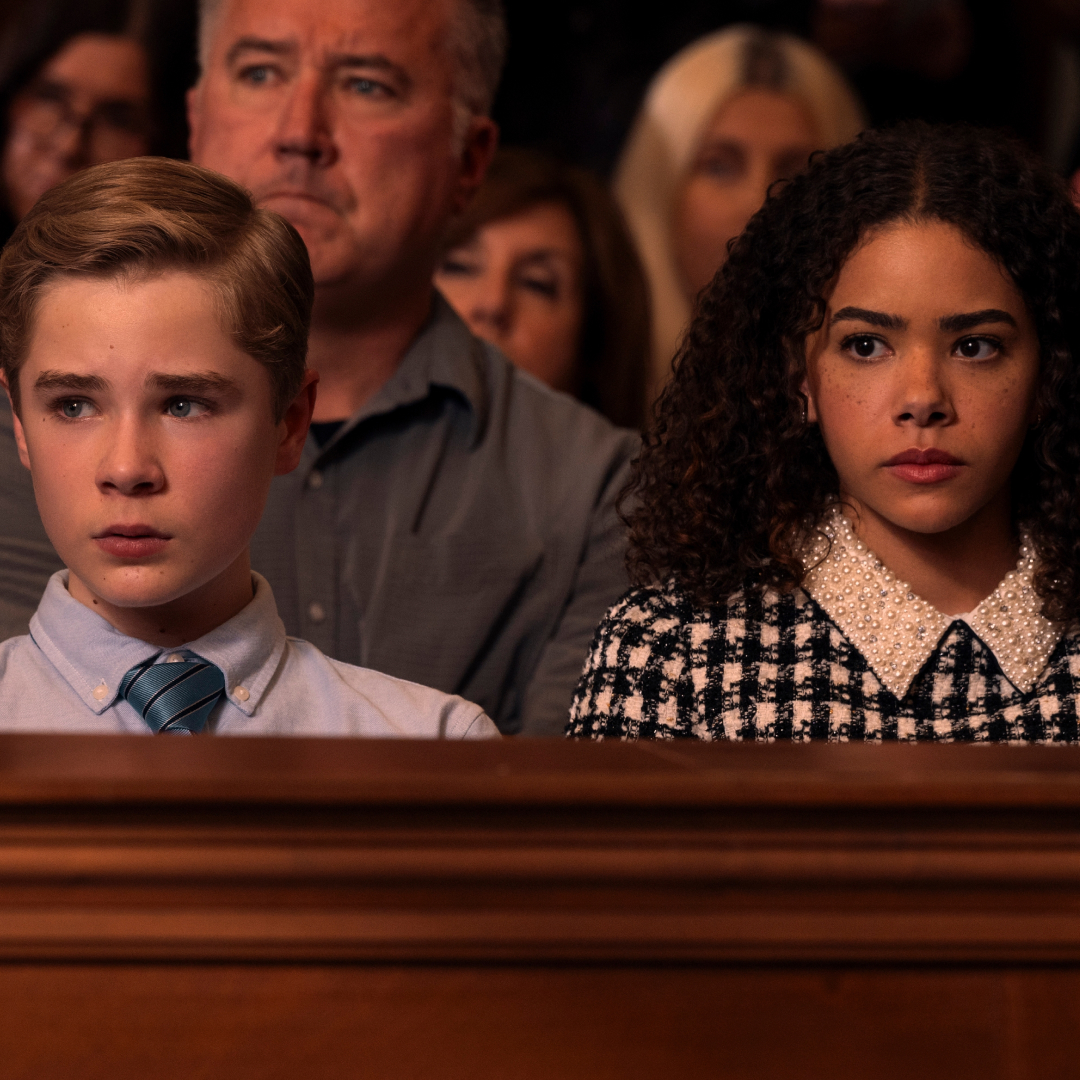
We Have A Verdict! Breaking Down the 'Ginny & Georgia' Season 3 Ending, From the Trial to That Cliffhanger
Did the "Mayoress Murderess" saga end in chaos? (Of course it did.)
By Quinci LeGardye Published
-

'Ginny & Georgia' Is Back for Season 3! Here's a Refresher on All Your Fave Wellsbury Residents
Netflix's hit small-town drama is full of characters with skeletons in their closets.
By Andrea Park Last updated
-

Cue "Thunderstruck!" The Dallas Cowboys Cheerleaders Return for 'America's Sweethearts' Season 2 This Month
Here's what to know about the second installment of the sports docuseries, including which dancers are returning.
By Quinci LeGardye Last updated
-

Benoit Blanc Will Return for a Third 'Knives Out' Movie—and It's the “Most Dangerous Case” in the Franchise Yet
Here's what to know about the next whodunnit in the popular Netflix film series.
By Quinci LeGardye Last updated
-
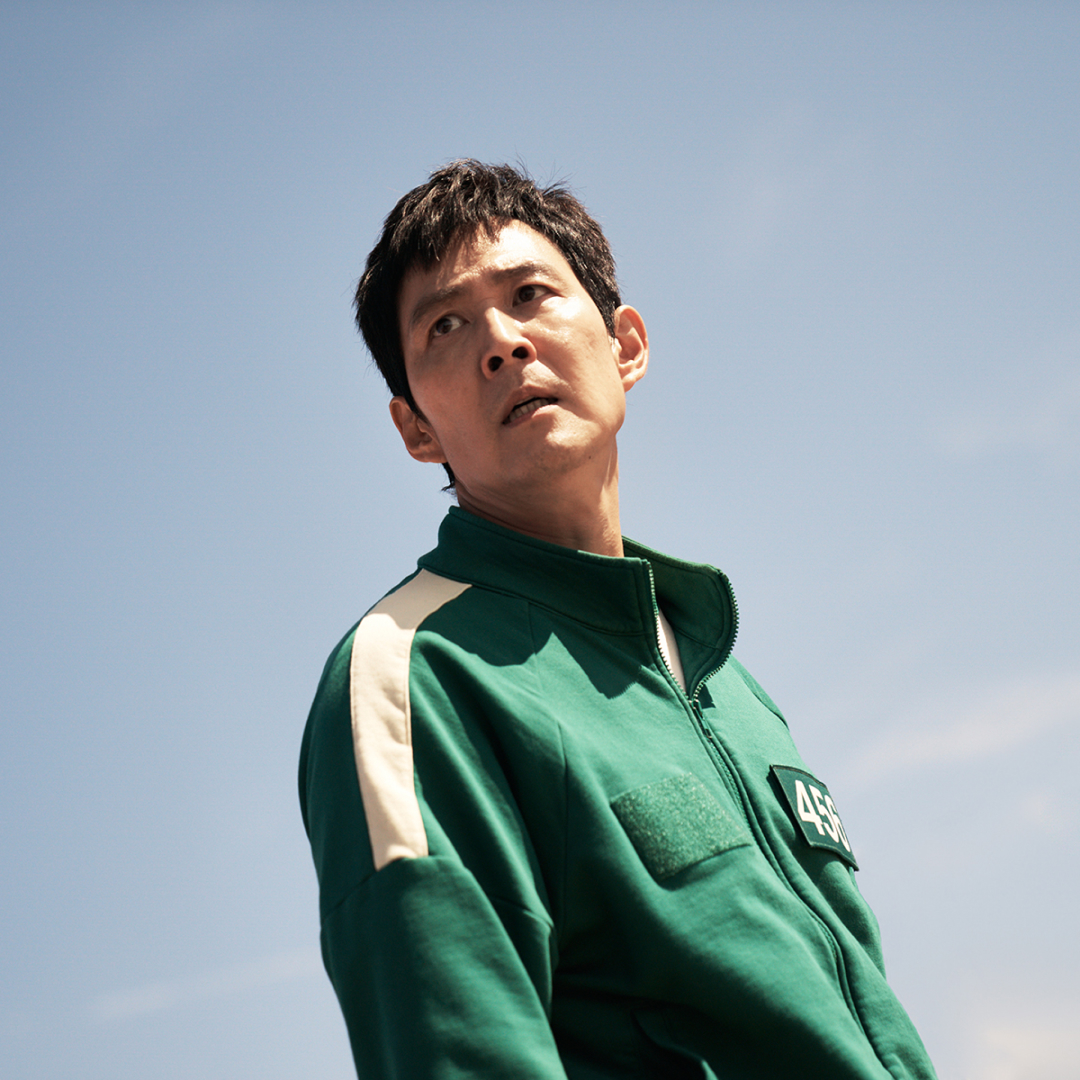
The Third and Final Season of 'Squid Game' Is Almost Here. We're Breaking Down Everything We Know
Netflix just dropped the official trailer for the final episodes of the hit K-drama.
By Quinci LeGardye Last updated
-

When Will School Be Back in Session at Nevermore Academy? Here's What We Know About 'Wednesday' Season 2
Get ready to brood this summer: The Netflix hit returns in August.
By Quinci LeGardye Last updated
-

We're Returning to Hawkins One Last Time This Year. Here's What We Know About the Final Season of 'Stranger Things'
The gang is gearing up to put a stop to Vecna and the Upside Down once and for all.
By Quinci LeGardye Last updated
-

20 Shows on Netflix That Prove Period Dramas Are the Best Form of Escapism
If you love historical fiction, these series need to be on your watch list.
By Quinci LeGardye Last updated
-

Colt and Kelsey Left 'Sneaky Links' Together After a Dramatic Love Triangle—Are They Still Together?
The Nashville lovebirds are the most-talked-about pair on Netflix's newest hit reality dating show.
By Quinci LeGardye Published
-
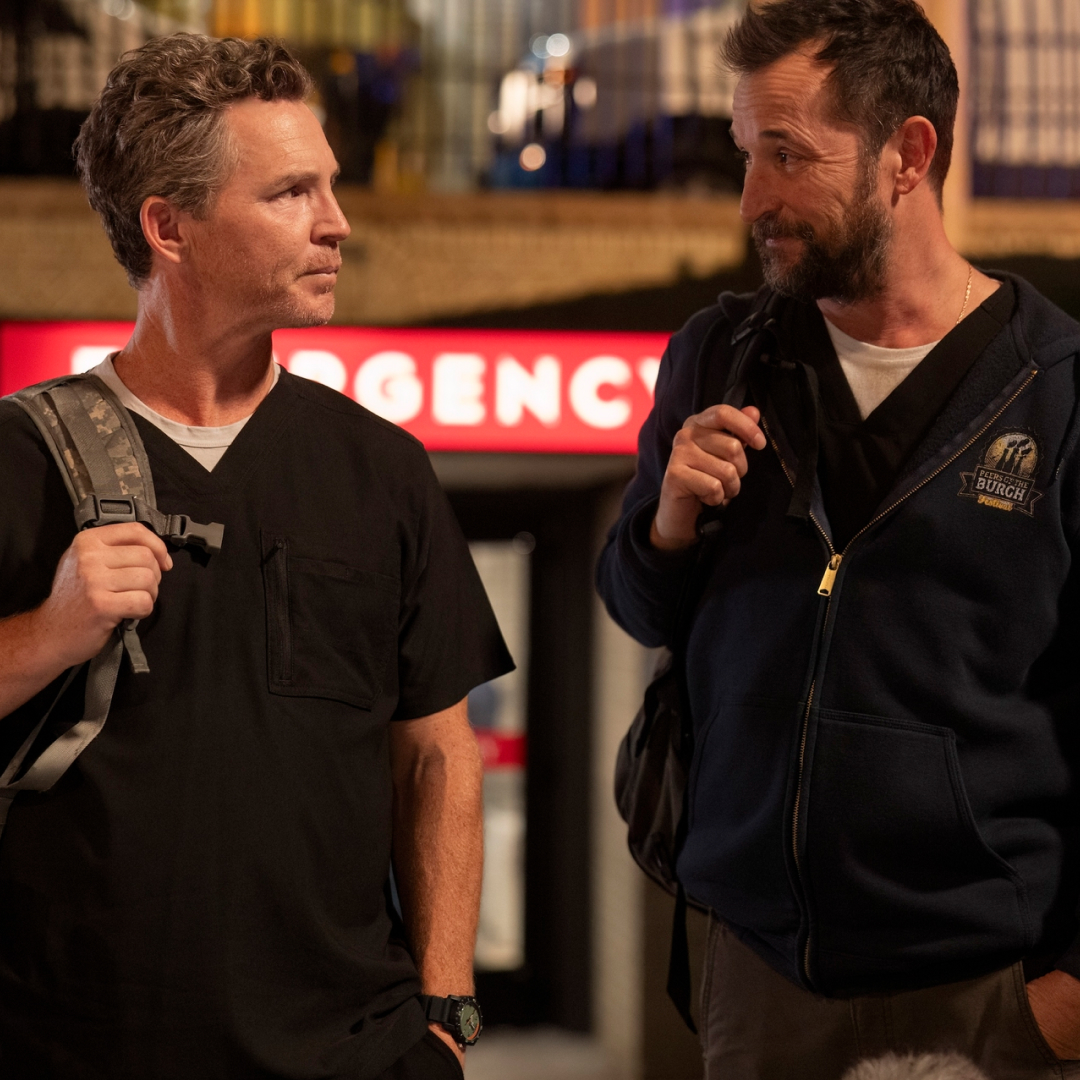
If You Love Medical Dramas, You Need to Binge These 15 Shows STAT
They'll fill 'The Pitt' shaped hole in your heart.
By Quinci LeGardye Published

